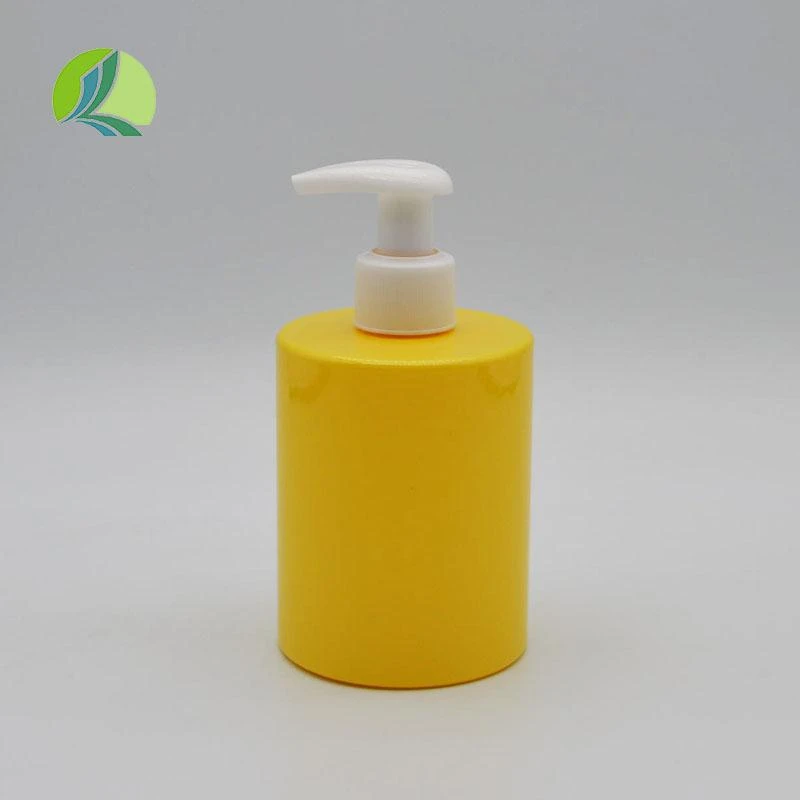injection moulding bottles
The Art and Science of Injection Moulding Bottles
Injection moulding is an advanced manufacturing process widely used for producing a variety of plastic products, including bottles. This efficient method has revolutionized the way we create plastic packaging, meeting the ever-increasing demand for lightweight, durable, and versatile containers. Below, we explore the intricacies of injection moulding as it pertains to bottle production, highlighting its advantages, process, and applications.
Understanding Injection Moulding
Injection moulding involves injecting molten plastic material into a mould to create a specific shape. The process begins with the selection of the appropriate thermoplastic resin, commonly polyethylene (PE) or polypropylene (PP) for bottles. These materials are chosen for their favorable properties, such as resistance to chemicals and ability to form a strong seal.
Once the material is selected, it is fed into a heated barrel where it is melted. The molten plastic is then injected into a precisely crafted mould under high pressure. The mould cools and solidifies the plastic into the desired shape, after which the finished bottle is ejected. This process is highly automated, resulting in a quick production cycle that can yield thousands of bottles in a single day.
Advantages of Injection Moulding for Bottles
One of the primary advantages of injection moulding is its efficiency. The speed of the process allows manufacturers to produce high volumes of bottles in a short period, making it ideal for bulk production. Furthermore, the precision of the process ensures that each bottle is uniform, maintaining consistent quality across batches.
Injection moulding also offers versatility in design. Manufacturers can create bottles in various sizes, shapes, and colors, allowing for customization to meet specific branding needs. Additionally, the process accommodates the incorporation of features such as handles, spouts, and labels, enhancing the bottle's functionality.
injection moulding bottles

Another significant benefit is material conservation. The injection moulding process minimizes waste, as any excess plastic can be recycled and reused in subsequent batches. This not only reduces production costs but also supports eco-friendly practices within the industry.
Applications of Injection Moulded Bottles
Injection moulded bottles are utilized across various sectors. In the beverage industry, these bottles are commonly used for soft drinks, water, and juices. Their lightweight nature and robustness make them suitable for both carbonated and non-carbonated drinks.
In the cosmetic and personal care industry, injection moulded bottles serve as containers for lotions, shampoos, and other beauty products. The ability to create aesthetically appealing designs makes these bottles a favored option for luxury brands.
Furthermore, the pharmaceutical sector relies on injection moulded bottles for packaging medications and health supplements. The precision and safety features of these bottles ensure product integrity and consumer safety.
Conclusion
In summary, injection moulding is a sophisticated process that plays a crucial role in the production of plastic bottles. Its efficiency, precision, and design versatility make it an excellent choice for manufacturers looking to produce high-quality bottles for various applications. As sustainability becomes increasingly important, the ability of injection moulding to minimize waste while providing functional and attractive designs positions it as a vital method in the future of plastic packaging. As technology advances, we can expect further innovations in injection moulding processes and materials that continue to enhance the production of bottles, promoting both efficiency and sustainability in the industry.
-
Aesthetic Makeup Spray Bottles | Fine Mist Empty RefillableNewsAug.19,2025
-
White Plastic Veterinary Vaccine Vials | Lab Liquid BottlesNewsAug.18,2025
-
Plastic Medicine Liquid Bottle: Secure Flip Top Drug VialsNewsAug.17,2025
-
Durable 250ml Blue Plastic Vaccine Vial for Lab & Vet UseNewsAug.16,2025
-
Sterile Virus Sample Tubes: Secure & Reliable Specimen CollectionNewsAug.15,2025
-
White 250ml Plastic Vaccine Vial for Lab & Vet MedicineNewsAug.14,2025
























